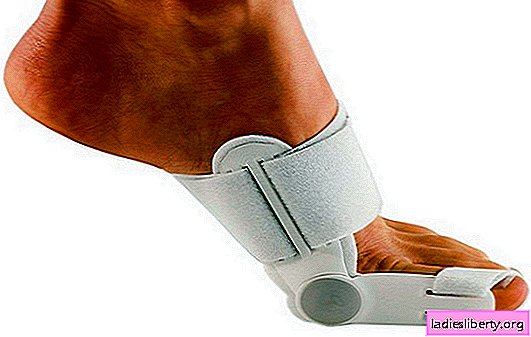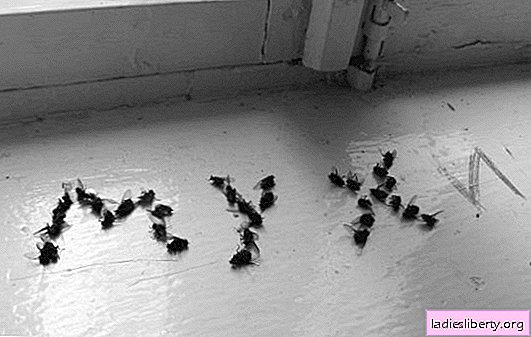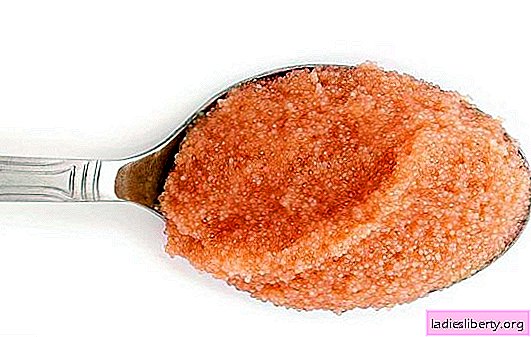
Peritonitis - inflammation of the parietal and visceral sheets of the peritoneum, accompanied by a severe general condition of the body. For the most part, it requires urgent medical attention, as it threatens the patient's life. In cases of untimely or inadequate treatment, there may be a very poor prognosis. This is an acute condition, almost always requiring surgical intervention.
Peritonitis - causes
Peritonitis can occur due to bacterial infection or the influence of aggressive agents that do not have an infectious nature: pancreatic juice, gastric juice, urine, bile, and blood.
Most often, peritonitis is the result of organ destruction in the abdominal cavity (with acute pancreatitis, intestinal obstruction, appendicitis, rupture of the diverticulum of the large intestine), after which pus or feces containing bacteria enter the abdominal cavity. Less commonly, the cause may be injuries of the abdominal cavity, in which the infection is introduced from outside or the contents of damaged hollow organs get there. Sometimes peritonitis occurs after the hematogenous spread of infection from foci in tissues and organs.
Peritonitis, as a rule, develops rapidly and acutely. In the absence of appropriate treatment, the patient may die after 23 days from the onset of the inflammatory process.
Peritonitis - Symptoms
Symptoms of this disease include: loss of appetite, nausea, vomiting, sharp abdominal pain, aggravated by a change in position, a sharp rise in temperature, which is accompanied by sweating and chills. On examination, a frequent pulse is detected, sometimes blood pressure drops, a hard, painful stomach. On an x-ray of the abdominal cavity, you can see stretched, fluid-filled bowel loops; when the patient is in an upright position - accumulation of air under the diaphragm, which indicates perforation of the hollow organs.
Peritonitis - diagnosis
Peritonitis can still be distinguished by easing pain for one to two hours after the first attack, and then it returns. A correctly performed diagnosis of peritonitis in the first day is the key to successful treatment. The doctor studies the history of the patient, conducts an examination. Of the instrumental methods, X-ray examination and ultrasound diagnosis of peritonitis are used. If the intestines burst, the punctate will contain bile, E. coli, and feces. With a perforated gastric ulcer, hydrochloric acid is also added to the damaging agents.
Very rarely, peritonitis can take a chronic form. Detect it on CT or MRI - visible swelling and numerous adhesions of the peritoneum. At the same time, the patient complains of difficulties with defecation, tension of the abdominal muscles and constant pain.
Peritonitis - treatment and prevention
The diagnosis of acute peritonitis is a clear indication for urgent surgery. In most cases, the patient is first prepared for surgery to avoid complications, but this is not always possible.
During the operation, pus is removed, the abdominal cavity is completely sanitized and the very cause of peritonitis is eliminated - abscesses are excised, the gaps are sealed and sutured. For some time, in order for there to be a way out of the newly formed pus, percutaneous drainage is established.
Peritonitis is eliminated by such measures as antimicrobial therapy (the use of antibiotics), immunity support, and mandatory detoxification. A few days after the surgery, intestinal muscles are stimulated, as it can be very weakened.
In many cases, peritonitis is only a complication of existing problems with the abdominal organs. Often it develops against the background of a stomach ulcer, appendicitis or pancreatitis. The best prevention of this disease is to inform the population about the timely diagnosis of diseases that can lead to it and its dangers.
Comments











